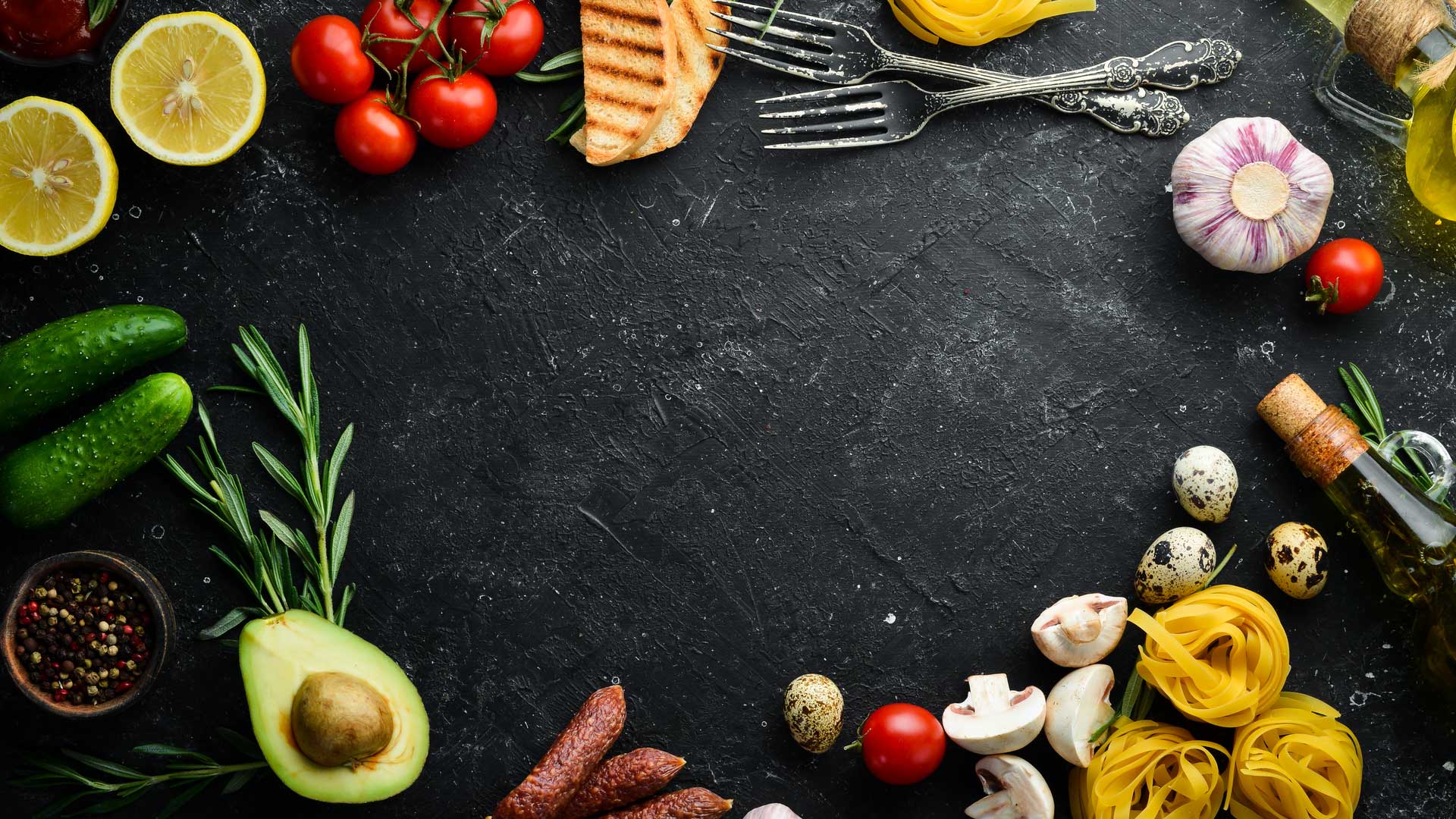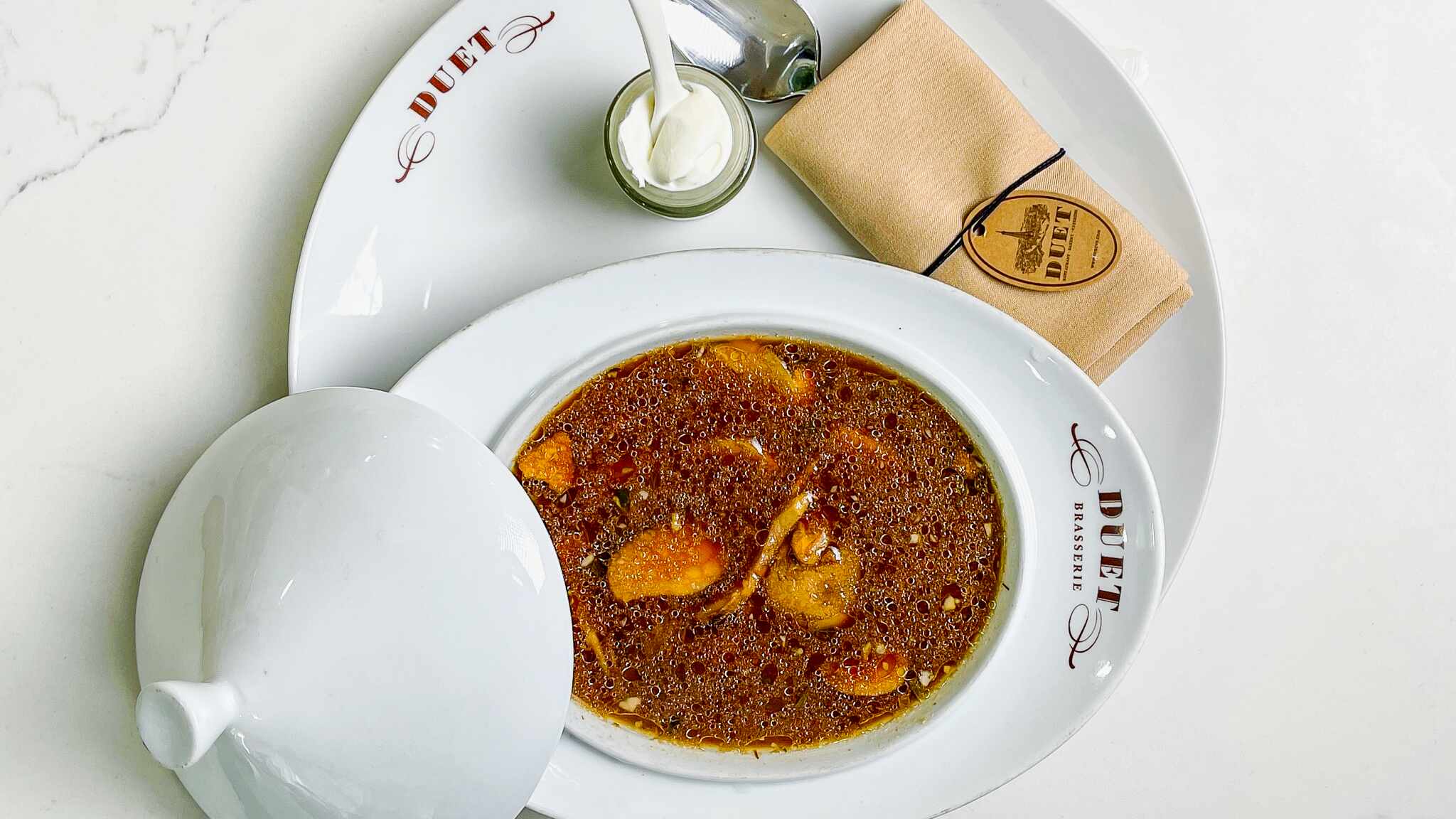
Porcini Mushroom Soup
Ingredients
- 0.5 lb. Dry porcini mushrooms
- 0.5 lb. Fresh porcini
- 5 tbsp Pearled barley
- 8 Small potatoes sliced
- 1 Spanish onion
- 3 tbsp. Vegetable oil
- 12 cups Water
- 1/8 Chopped dill
- 2 tbsp. Vegeta
- 3 cloves Garlic finely minced
- For serving
- Herbs such as dill parsley or cilantro
- Freshly ground black pepper
- Sour cream optional
- Spices to your taste see below
Instructions
- Prepare the porcini mushrooms ahead – soak in cold water for about 3 hours.
- Strain over a sieve, pressing out the solids; but hold on to the liquid.
- You can also prepare the barley in advance. In a medium saucepan bring 1 cup of water to a boil; add 1 cup of barley and cook for about 10-15 minutes.
- Next, make the mushroom broth.
- A homemade broth is the secret base of many favorite Slavic soups.
- Place the soaked mushrooms into a pot. Add 6 cups of water and the remaining liquid from the porcini.
- Add a whole peeled onion, 1 tablespoon of salt, and 2 bay leaves.
- Bring the broth to a boil, then skim off the foam and discard.
- Let the broth simmer on low heat for 35-40 minutes.
- Meanwhile, heat 3 tablespoons of vegetable oil over medium heat in a large skillet, and then add fresh porcini mushrooms.
- Season with salt, and cook for about 10 minutes.
- Stir occasionally until the mushrooms are golden.
- Add garlic, Vegeta, and stir again.
- Top with dill, and cook for another 3-5 minutes.
- Add seared porcini to the pot, and stir.
- Add the diced potatoes, increase the heat to medium and cook for 15 to 20 minutes until the potatoes are fork-tender. Add the pre-cooked barley to the soup.
- Serve with sour cream and herbs.
Video Guide
Fun Fact:
“Porcini” means “piglets” in Italian. It’s official scientific name, however, is “boletus edulis”. But the Germans call them “Steinpilz” (stone mushroom); while the French say “cèpe” (trunk).
